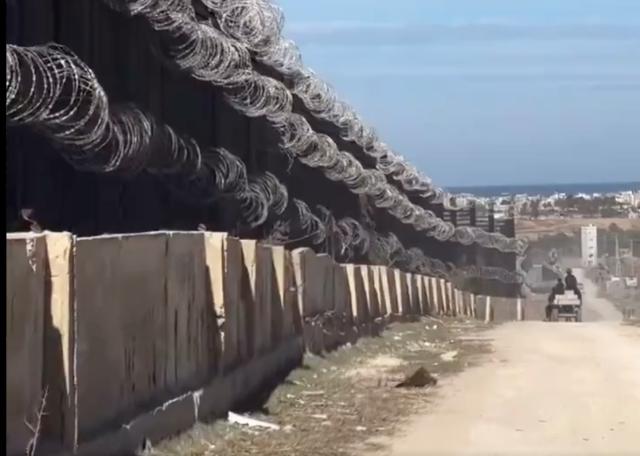In the wake of Israeli Prime Minister Benjamin Netanyahu's recent proposal to establish control over a 100-yard buffer zone along the Gaza-Egypt border, Egyptian officials have voiced strong objections. This area, known as the Philadelphi Corridor, is seen by Israel as a critical point for preventing smuggling operations that allegedly supply Gaza's Hamas rulers with weapons and other materials. Egypt, however, has categorically denied these allegations.
Prime Minister Netanyahu, in late December, emphasized the necessity of this strategy, stating, "The Philadelphi Corridor—or, more accurately, the southern stoppage point of the Gaza Strip—must be under our control. It must be sealed." He underscored this as a key to Israel's long-term strategy against Hamas, particularly after the group's violent attack on Israel on October 7, which marked the beginning of an extended conflict.
I spelled out this looming mess for @Commentary in late December.
— Jonathan Schanzer (@JSchanzer) January 23, 2024
Should Israel expose Egyptian complicity (at one level or another), it would be one of the more unexpected yet dramatic moments of this war.https://t.co/PSZuc7A9j8
Egypt's State Information Service (SIS), under Diaa Rashwan, responded sharply to Netanyahu's statements. Rashwan condemned the Israeli Prime Minister's remarks as a veiled attempt to legitimize the occupation of the border corridor, a move he views as a violation of existing security agreements between Israel and Egypt. Rashwan warned of significant repercussions for Egyptian-Israeli relations should Israel proceed with occupying the corridor, underscoring Egypt's capability and commitment to safeguard its sovereignty and interests.
Rashwan's statement also addressed a broader perspective, suggesting that Israel's actions and claims regarding the Gaza Strip are part of a larger scheme of collective punishment and oppression against the Palestinian population. This view is consistent with the narrative that Israel has been implementing these measures for over a decade, resulting in significant hardships for over 2 million Palestinians in Gaza.
Egypt-Israel ties at risk over Philadelphi Corridor, Cairo says #Israel #Egypt #Gaza https://t.co/VQ4RzqhDF8
— Eli Dror (@edrormba) January 23, 2024
Furthermore, the Egyptian official called for a thorough investigation within Israel to identify internal sources of weapons smuggling into Gaza, challenging the narrative that such activities are solely external. This counters Israel's stance, which primarily attributes the influx of weapons in Gaza to external smuggling operations.
Rashwan also criticized Israel's tendency to use Egypt as a scapegoat for its challenges in the ongoing conflict with Gaza, urging a reevaluation of its strategies and objectives.
Watch my interview with David Harris at JBS about the Israel-Hamas war and the involvement of other regional countries in a war that no one chose to start other than Hamas.
— Dalia Ziada - داليا زيادة (@daliaziada) January 18, 2024
WATCH: https://t.co/Y69ZSYDEfA #إسرائيل #حماس #مصر #رفح #سيناء #Sinai #Rafah #Israel #Egypt pic.twitter.com/K9URyOTJea
This back-and-forth between Israel and Egypt highlights the complexity of the situation in Gaza and the delicate balance of regional politics. The tension underscores the intricacies of the Israeli-Egyptian relationship, particularly in the context of security, sovereignty, and the broader Israeli-Palestinian conflict.


